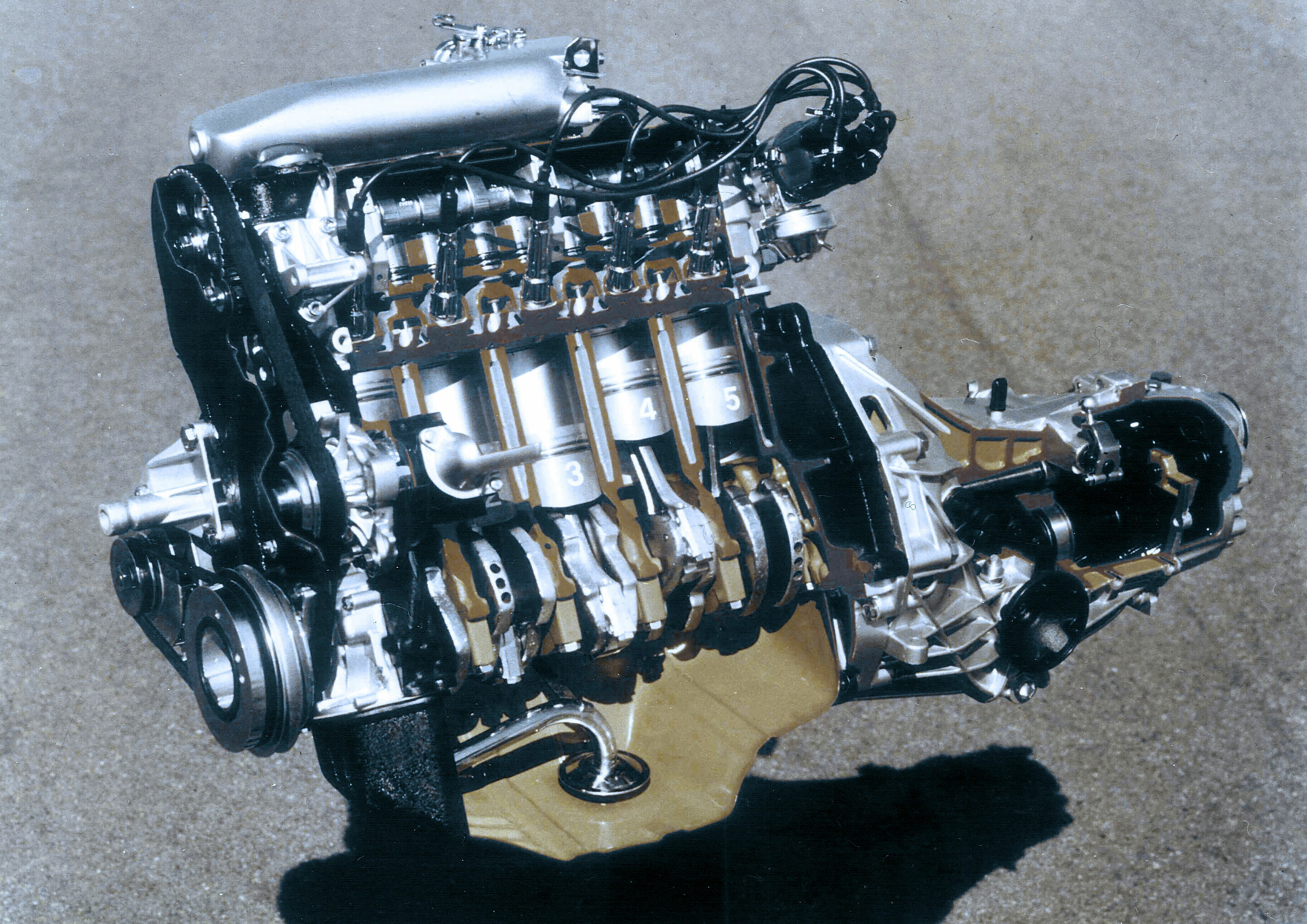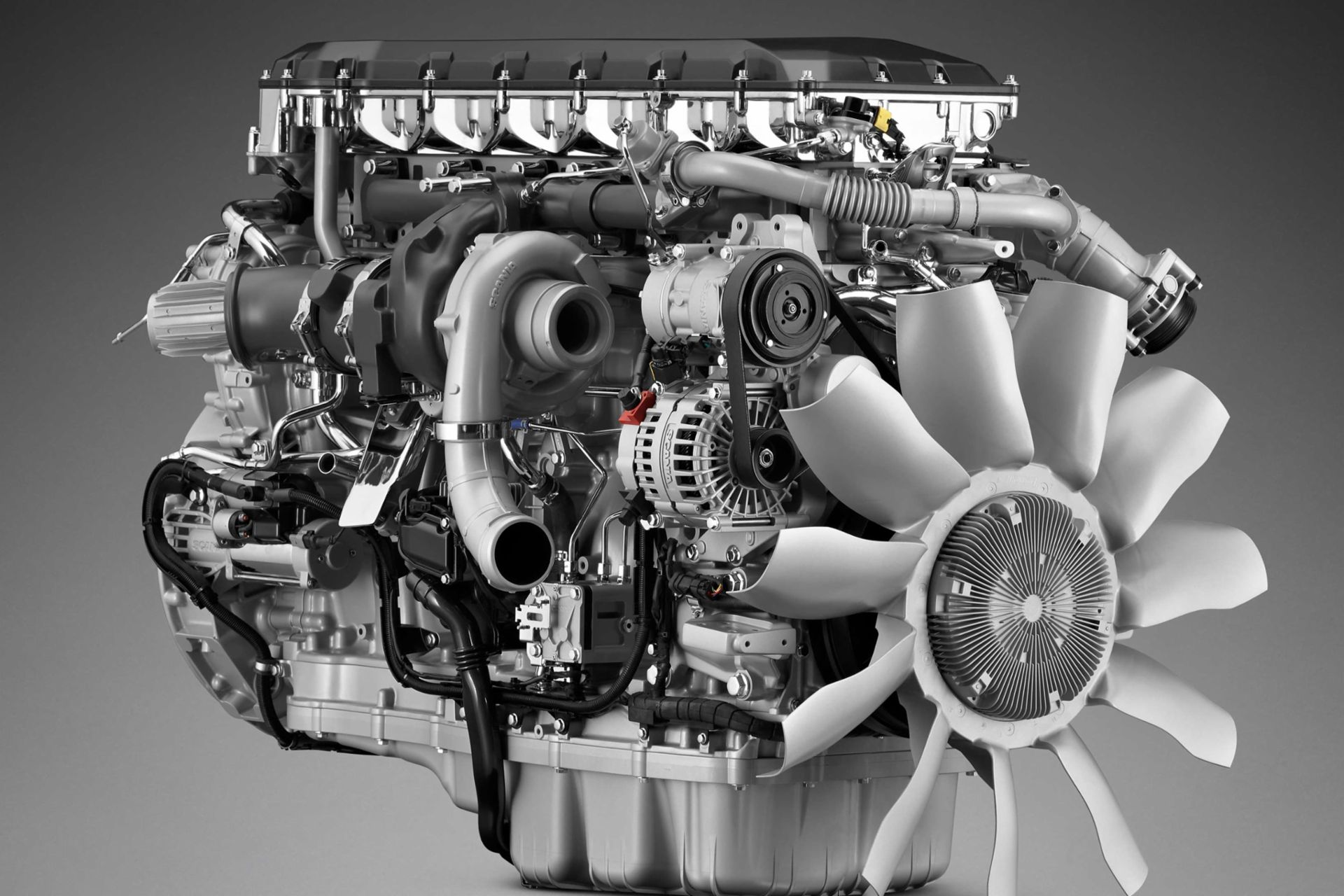Discover Top-Quality Engines for Africa at Our Reputable Automobile Parts Shop
Wiki Article
The Impact of Innovative Engine Technologies on Power Efficiency and Environmental Sustainability
In the world of transport and industrial machinery, the constant mission for boosted power performance and decreased environmental impact has actually brought about substantial developments in engine modern technologies. From the steady change towards electric and hybrid systems to the combination of turbocharging for enhanced efficiency, the landscape of engines is developing swiftly. The usage of different gas further diversifies the options offered for sustainable energy resources. These technologies not just assure a greener future but also hold the potential to transform the method we come close to energy intake and environmental sustainability.Advancement of Engine Technologies
The development of engine innovations over the decades has actually been marked by constant development and improvement in search of boosted efficiency and efficiency. From the very early days of internal burning engines to the advanced hybrid and electrical powertrains of today, the evolution of engine technologies has actually been driven by a ruthless quest for improved fuel performance and minimized emissions.One considerable milestone in this evolution was the advancement of turbocharging and straight injection systems, which dramatically improved engine power outcome while improving fuel efficiency. These modern technologies enabled for smaller sized, more light-weight engines that might supply the performance of bigger ones without compromising on effectiveness.
Additionally, developments in materials science have actually caused the widespread fostering of lightweight materials such as aluminum and carbon fiber in engine construction. This has not just reduced general lorry weight yet has also boosted engine effectiveness by decreasing power losses linked with inertia and rubbing.
Benefits of Electric and Crossbreed Equipments
With the expanding concentrate on sustainability and energy effectiveness, what advantages do electric and hybrid systems supply in the realm of engine technologies? Electric and hybrid systems present many advantages that add to an extra energy-efficient and lasting future. Among the primary advantages is the significant reduction in greenhouse gas discharges compared to conventional internal burning engines. Electric vehicles produce zero tailpipe emissions, resulting in improved air high quality and decreased ecological effect. Furthermore, hybrid and electrical systems are a lot more energy-efficient, transforming a higher portion of saved power into propulsion compared to conventional engines. This effectiveness results in lower power consumption and operating expense over the automobile's lifetime. Electrical lorries use regenerative braking systems that keep and capture power commonly lost during stopping, further enhancing energy efficiency (engines for africa). Hybrid systems combine the advantages of electric propulsion with the flexibility of a burning engine, providing expanded decreasing and driving ranges variety anxiety for customers transitioning to electric vehicles. Generally, hybrid and electrical systems play a crucial duty beforehand energy effectiveness and ecological sustainability in the transportation sector.Turbocharging for Improved Performance
Innovative engine modern technologies like electric and hybrid systems have led the way for innovations in car effectiveness, with turbocharging arising as a vital technique for enhancing overall performance and sustainability. Turbocharging jobs by utilizing a turbine to force more air into the combustion chamber, permitting for far better gas burning and increased power output without a considerable boost in engine dimension. This process, recognized as forced induction, allows smaller, a lot more fuel-efficient engines to create power levels equivalent to bigger ones. By taking full advantage of the effectiveness of the burning process, turbocharged engines can attain enhanced gas economy and minimized exhausts, adding to ecological sustainability. Additionally, turbocharging enhances engine responsiveness, providing motorists with a more dynamic driving experience. The widespread adoption of turbocharged engines in both fuel and diesel lorries shows their efficiency in balancing performance, effectiveness, and environmental impact. As automotive makers proceed to fine-tune turbocharging technology, its duty in advertising power performance and sustainability in the transport industry is anticipated to expand even more.Taking Advantage Of Alternate Gas
Taking advantage of different fuels provides an appealing method for lowering carbon discharges and diversifying the power sources utilized in transportation. As the globe makes every effort to fight environment adjustment and reduce dependence on fossil fuels, alternate gas have gained considerable focus for their possible environmental and financial advantages.Biofuels, such as ethanol and biodiesel, are obtained from eco-friendly resources like corn, sugarcane, and algae, offering a cleaner burning alternative to standard fuel and diesel. These fuels can be combined with existing petroleum fuels or utilized in specialized engines, giving a path to reduced greenhouse gas exhausts and improve air top quality.
Additionally, hydrogen Clicking Here fuel cells have arised as an encouraging innovation for zero-emission transportation. engines for africa. By converting hydrogen gas into electricity to power electric motors, fuel cell vehicles generate just water vapor as a by-product, getting rid of harmful tailpipe emissions entirely
Along with reducing carbon exhausts, alternative fuels can additionally boost power protection by diversifying the fuel mix and reducing dependence on imported oil. Accepting different gas in transport is a critical action towards achieving a more ecologically friendly and lasting future.

Environmental Benefits and Future Potential customers
The environmental advantages of alternate fuels and their capacity for long-term sustainability are essential considerations in the change towards cleaner power sources. Alternate fuels, such as biofuels, hydrogen, and power, offer substantial environmental advantages contrasted to traditional fossil gas. These fuels generate lower degrees of greenhouse gas emissions, reducing air contamination and mitigating climate modification influences. In addition, alternative gas can help branch out power resources, boosting energy safety and lowering reliance on limited sources.Improvements in technology proceed to enhance the performance and cost of different fuel vehicles, making them extra accessible to consumers. By welcoming different gas and cutting-edge innovations, the path towards a more sustainable future comes to be significantly attainable.

Verdict
Finally, cutting-edge engine innovations have played a crucial duty in enhancing power performance and promoting ecological sustainability. engines for africa. The advancement of engine modern technologies, fostering of hybrid and resource electrical systems, utilization of turbocharging, and exploration of alternate gas have all contributed to lowering emissions and enhancing efficiency. The environmental advantages of these innovations are clear, and there is fantastic prospective for more progress in the future. Engine technologies remain to be a vital location of focus for accomplishing a much more lasting future.In the world of transport and industrial equipment, the continual pursuit for improved power effectiveness and decreased environmental influence has actually led to substantial improvements in engine modern technologies. Turbocharging works by making use next page of a generator to force more air right into the combustion chamber, enabling for better gas combustion and increased power outcome without a substantial rise in engine size. By taking full advantage of the performance of the burning process, turbocharged engines can accomplish improved gas economic situation and minimized discharges, contributing to ecological sustainability. Alternate fuels, such as biofuels, hydrogen, and electricity, deal substantial ecological benefits contrasted to conventional fossil gas. The development of engine innovations, adoption of electrical and hybrid systems, utilization of turbocharging, and expedition of alternate gas have all contributed to increasing and reducing discharges efficiency.
Report this wiki page